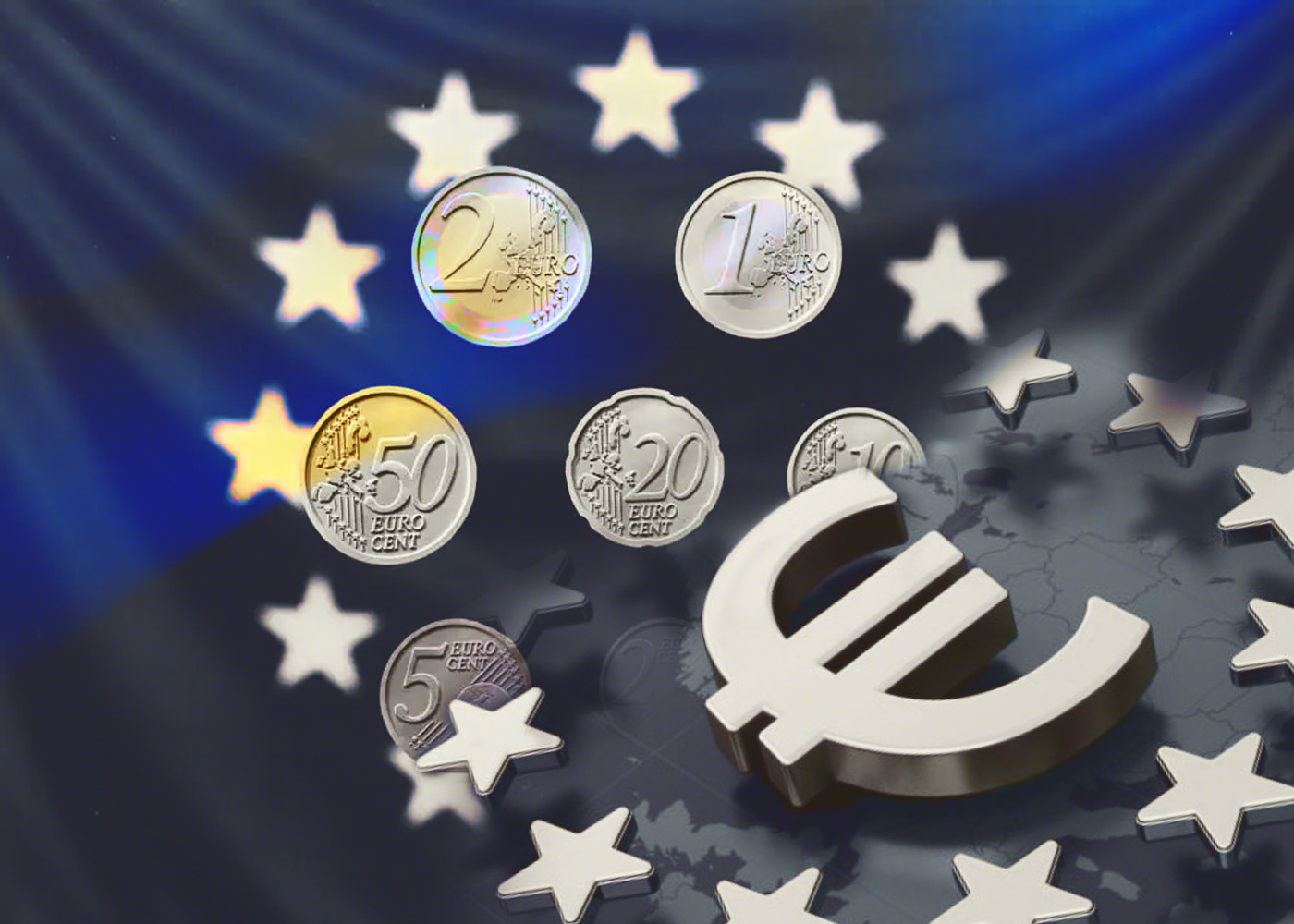In February, economic activity in the euro zone reached its highest level in nine months. This has increased the likelihood that the region’s economy will not slip into recession in the first quarter. Economic activity increased in the region’s two main economies.
According to S&P Global, the leading composite PMI index, which measures the economic health of the eurozone as a whole, rose to 52.3 in February from 50.3, its highest level in nine months. The consensus estimate of economists surveyed by Bloomberg was 50.7.
Industrial Sector Continues To Shrink
The industrial sector continues to contract. The leading manufacturing PMI index fell -0.2 points to 48.5 from 48.8, while the expectation was 49.3. The services PMI rose from 50.8 to 53, the largest increase in eight months. The expectation was 51.

Chris Williamson, analyst at S&P Global, said, “Easing recession fears and expectations that inflation has peaked have boosted confidence and supported economic expansion. Economic activity in the eurozone grew faster than expected in February. With the recovery in the services sector, economic activity reached its highest level in nine months.”
According to the report, price pressures eased in February but persisted in the services sector.
Progress in Europe’s Two Largest Economic Activity
Economic activity increased in Germany and France, the two largest economies in the eurozone.
In Germany, the composite PMI index rose to 51.1, exceeding expectations. It was the first time since June that the index was above 50 points. The services PMI index was 49.8, above expectations, while the manufacturing PMI index was 46.5. The expected value was 48.1.
In France, the PMI index rose to 51.6, the highest level in seven months.
You may be interested in:













